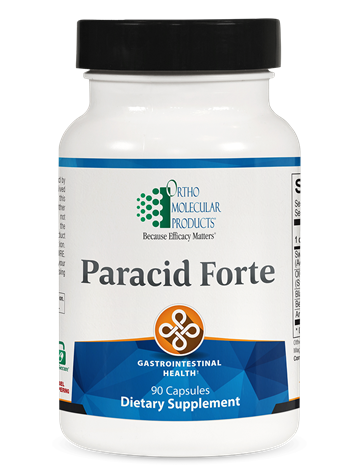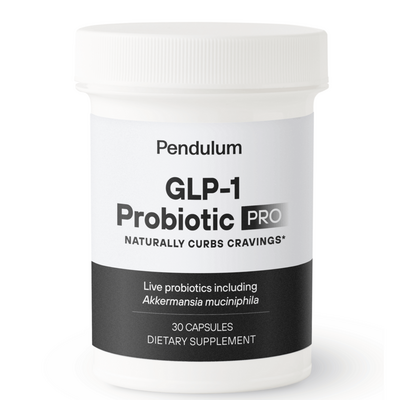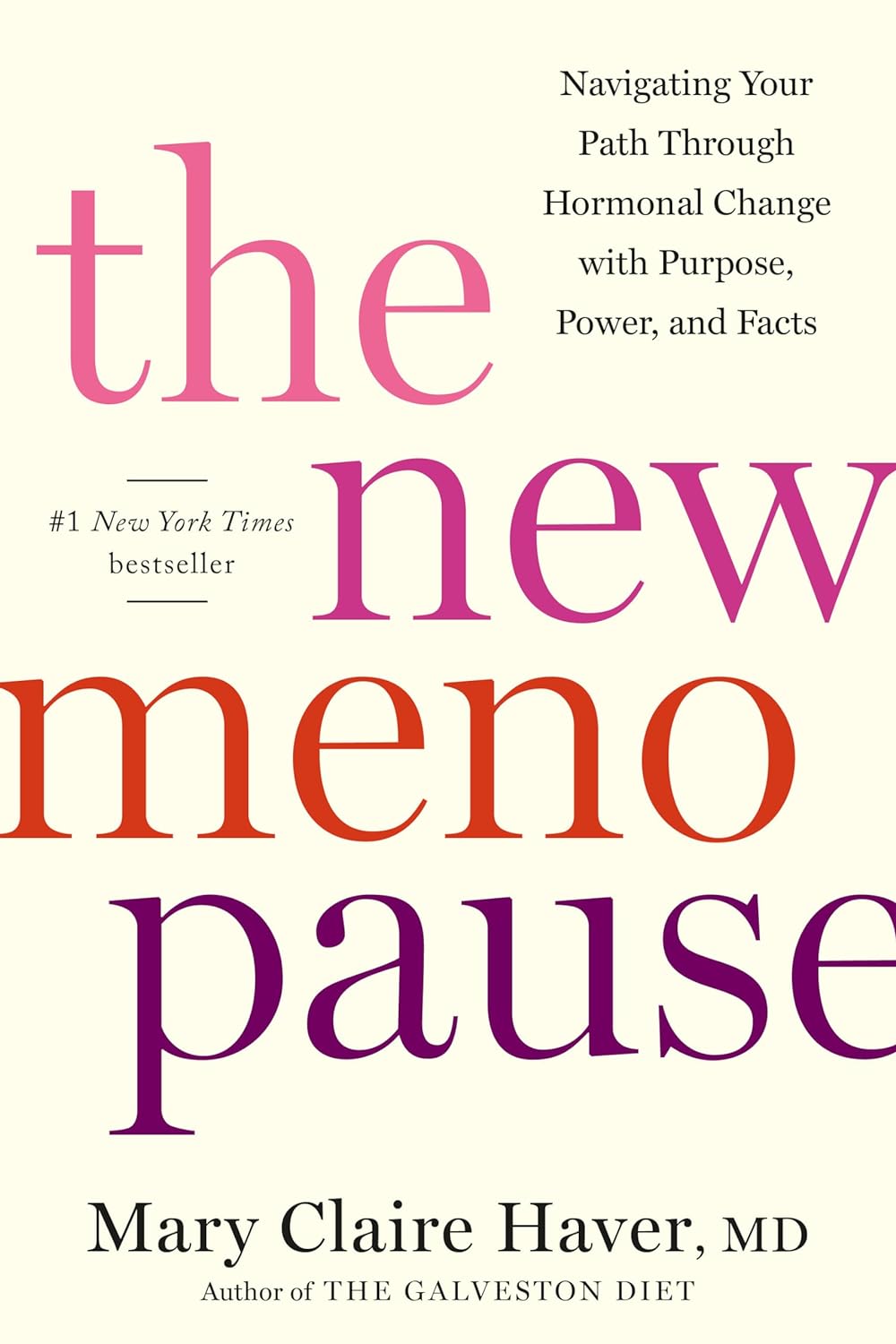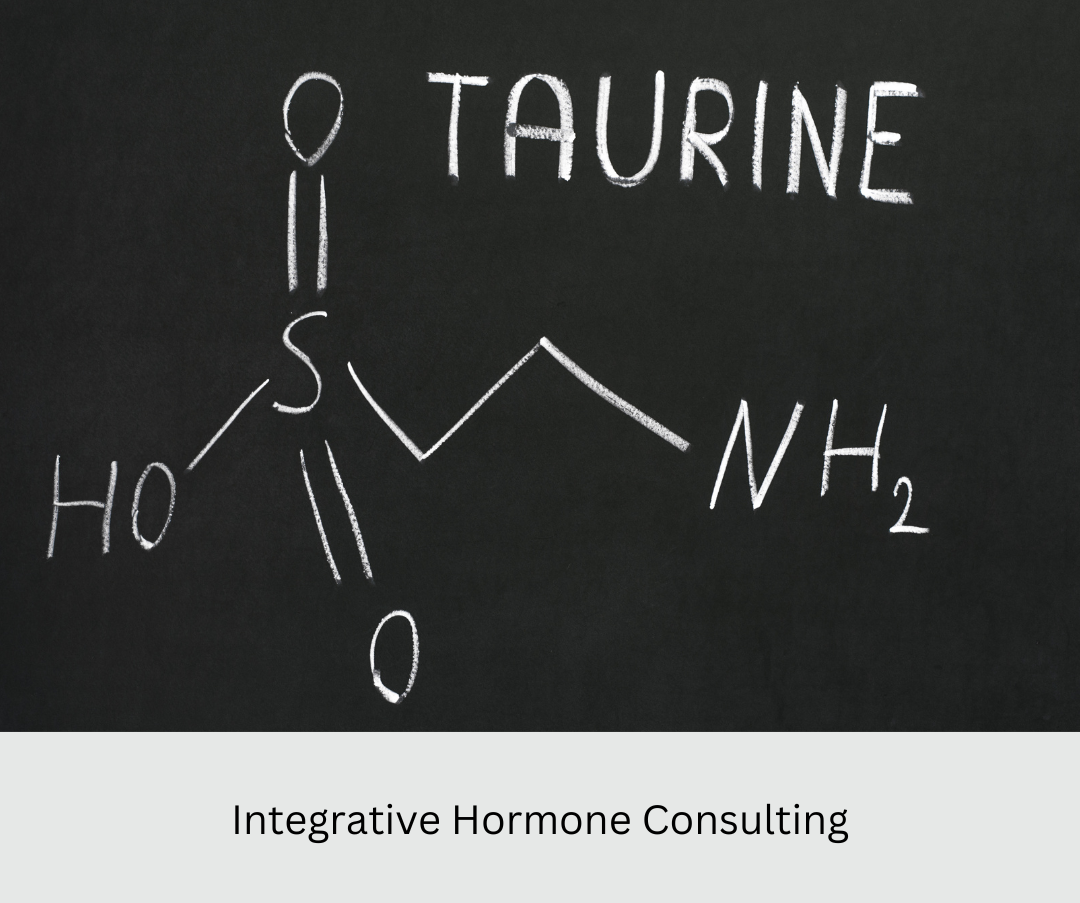Perimenopause is a normal part of the aging process for women and will affect each woman differently. Part of demystifying perimenopause means understanding what is normal for you. Education and awareness are the first steps to understanding potential changes in the body during this transitional phase in life. If you have additional questions after reading this article, please don’t hesitate to contact me for a personalized program to get you on track to feeling your best.
More info can be found in my Protocol section on Fullscript.com. I would also like to announce that we are now offering discounts on all supplements EVERY DAY and free shipping at $50. -Bob Wood, RPh
What is perimenopause?
Perimenopause is the time period that encompasses the final years of a woman’s reproductive life. It begins with the first onset of menstrual irregularity and ends one year following the cessation of menstrual periods (amenorrhea), defined as the final menstrual period (FMP). There are two stages to the perimenopause or menopausal transition: the early transition, during which cycles are mostly regular, with relatively few interruptions, and the late transition, during which amenorrhea becomes more prolonged and lasts for at least 60 days up to the FMP. (29)
Women start perimenopause at different ages. Some women may notice signs of progression toward menopause, such as menstrual irregularity, beginning in their 40s, while others may even notice changes as early as their mid-30s. Levels of estrogen, the primary female hormone, rise and fall unevenly during perimenopause. The menstrual cycles may lengthen or shorten, and women may begin having menstrual cycles during which the ovaries don’t release an egg (ovulation). (21)
Physical signs and symptoms of perimenopause
Common signs and symptoms of perimenopause include:
- Breast tenderness
- Concentration difficulties
- Hot flashes
- Irregular periods
- Loss of sex drive
- Mood changes
- Periods that are heavier or lighter than normal (irregular bleeding)
- Poor quality of sleep
- Weight gain (23)(29)

Hot flashes are considered to be one of the physical symptoms associated with perimenopause.
|
|

Natural supplements can be beneficial in reducing the symptoms associated with perimenopause.
Additional supplements
In addition to various herbal supplements, other dietary supplements may be helpful during the different stages of perimenopause, including:
- Essential fatty acids (e.g., flaxseed oil, fish oil) (10)(20)
- Calcium (7)
- Magnesium (25)
- Multivitamin/mineral (6)
- St. John’s wort (11)
- Valerian (22)
- Vitamin D (7)
Flaxseed oil has been shown to be beneficial for controlling inflammation and alleviating menopausal symptoms such as hot flashes. (10) Fish oil has been shown to be beneficial in lowering the number of hot flashes experienced by perimenopausal women. (20)
The bottom line
Perimenopause is a normal part of the aging process. It’s important that women be aware of the changes they will experience and the ways in which they may address possible symptoms. Your integrative healthcare practitioner can help you determine the best approach and dietary supplements for your needs.
Written by
Joanne Carr, R.H.N., B.A., ESC.
Medically reviewed by
Dr. Christopher Knee, ND
*This handout was developed and medically reviewed by Fullscript’s Integrative Medical Advisory team.
*These statements have not been evaluated by the Food and Drug Administration. This information is not intended to diagnose, treat, cure, or prevent any disease.








